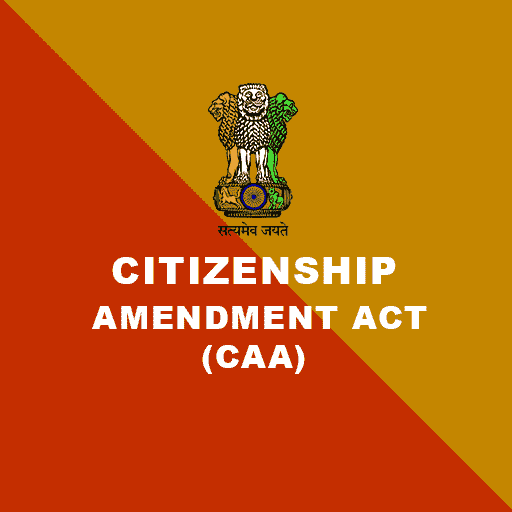Who is Citizen? Critically examine Marshall’s Theory of citizenship.
According to Marshall, citizenship is a principle of equality and its development is linear. He said that citizenship has two basis, (1) man has equal status in the society, and (2) due to equal status he has equal rights. He further states that if all the people have equal rights in a society then class-conflict has little place in that society.
According to Marshall, there are three types of citizens rights : Civil rights, Political rights and Social rights. Marshall calls them the three elements of citizenship.
Three elements of citizenship:
- Civil elements of citizenship
- Political elements of citizenship
- Social elements of citizenship
Civil elements of citizenship: Marshall presents the picture of the development of civil rights originated in England. Marshall writes in his book ‘Reflections of Power 1969, “Civil rights though vested in individual are used to create groups, associations’ corporations and movements of every kind.” Civil rights are right to expression, right to acquire, possess and dispose off property, right to organise and assemble, right to lead life in a religious community of one’s choice, right to equality before law etc.
Political elements of citizenship : Marshall proves that with the development of political rights opportunity was secured to contribute in the formation of political shape of the nation through partnership in the political power.
Social elements of citizenship : By social elements of citizenship Marshall means socio-economic security. In the present world every state. Provides Socio-economic security to its citizenship according to its ability. Besides the rights of the citizens Marshall also discusses the duties of citizens. He says that rights should be used dutifully. According to Marshall, “The growth of citizenship is stimulated both by the struggle to win those rights and by their enjoyment when won.”



